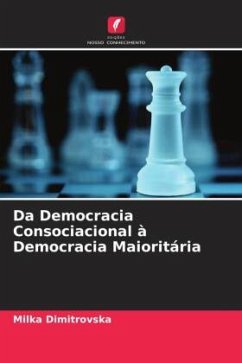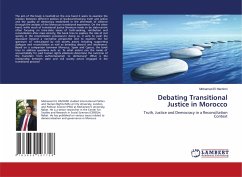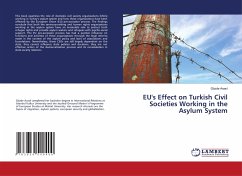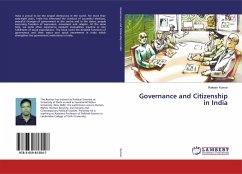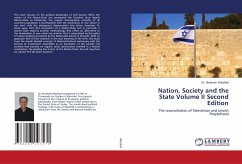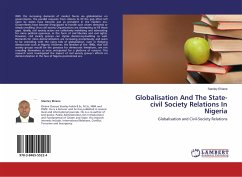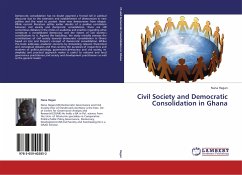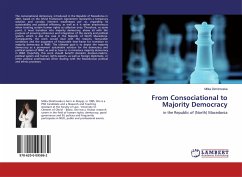
From Consociational to Majority Democracy
in the Republic of (North) Macedonia
Versandkostenfrei!
Versandfertig in 6-10 Tagen
18,99 €
inkl. MwSt.

PAYBACK Punkte
9 °P sammeln!
The consociational democracy, introduced in the Republic of Macedonia in 2001, based on the Ohrid Framework Agreement represents a temporary solution and consists inherent weaknesses per se, regarding its sustainability and political efficiency, as well as it is rather anachronous when treating certain human rights as collective ones. Therefore, at some point, it must transition into majority democracy, above all with the purpose of ensuring coherence and integration of the society and political system, which is also the case in the Republic of North Macedonia. Consequently, the work would dea...
The consociational democracy, introduced in the Republic of Macedonia in 2001, based on the Ohrid Framework Agreement represents a temporary solution and consists inherent weaknesses per se, regarding its sustainability and political efficiency, as well as it is rather anachronous when treating certain human rights as collective ones. Therefore, at some point, it must transition into majority democracy, above all with the purpose of ensuring coherence and integration of the society and political system, which is also the case in the Republic of North Macedonia. Consequently, the work would deal with the reasons, favourable conditions and the argument of favourable time-frame for transition to majority democracy in RNM. The ultimate goal is to depict the majority democracy as a permanent sustainable solution for the democracy and political system of RNM, as well as how to re-introduce majority democracy in RNM. Hopefully, this work should benefit domestic decision-makers, political system and human rights experts, as well as foreign diplomatic, or other political professionals when dealing with the Macedonian political and ethnic processes.




